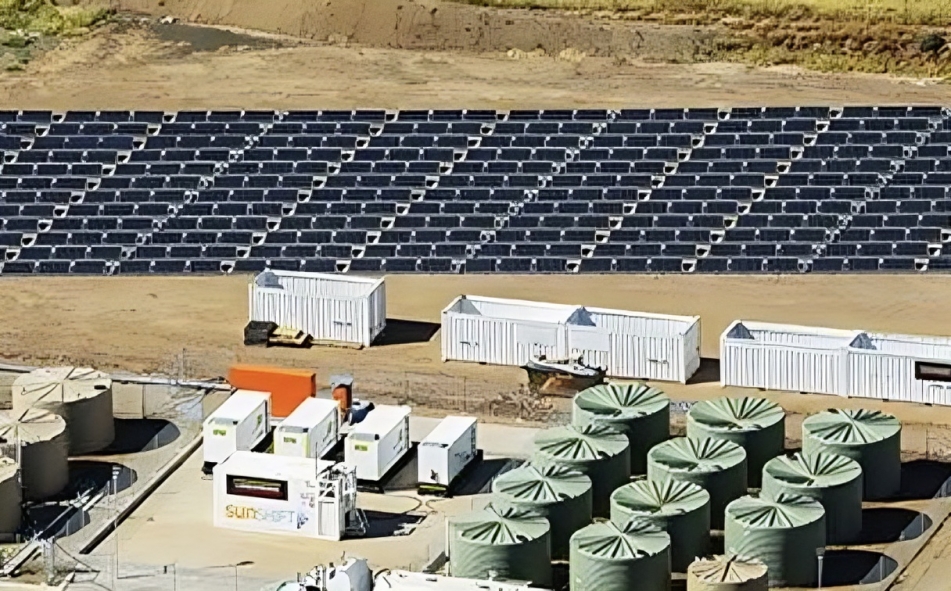KEY POINTS
- Nigeria’s REA to provide 100MW of solar power to 24 universities.
- The project aims to improve education through reliable, clean energy.
- Long-term plans are in place to maintain and upgrade solar equipment.
Nigeria’s Rural Electrification Agency (REA) signed an agreement to provide federal universities in Nigeria with over 100MW of clean energy to enhance education in Nigeria.
This is under the Energizing Education Program (EEP), it seeks to equip 24 universities and four teaching hospitals with reliable solar power supply since one of the major challenges affecting many Nigerian schools is erratic power supply.
A brighter future with solar power
The new energy initiative will be implemented in phases. Phase 1 has connected 10 institutions to the power grid, the second and third phases are expected to connect eighteen more universities to the power. This project is expected to increase study hours, and the use of technology, and provide safe and more comfortable learning environments.
Speaking at the just concluded Stakeholders’ Engagement Forum in Abuja, the Minister of Power, Chief Adebayo Adelabu explained the need for reliable energy in schools cannot be overemphasized.
He pointed out that power is not a prerogative but an essential factor that necessitates the development and formation of communities. When electricity is available students can study at night, get the best tools and enhance their study experience.
Even though Nigerian universities have been connected to the national grid, most of them especially in the rural areas are faced with frequent power failures. This inconsistency also affects the efforts to apply digital learning tools for comprehensive learning and negatively impacts the quality of education, with this new initiative, that may soon change.
Energy to fuel education
The EEP was unveiled in 2018 to supply stable electricity to 37 federal universities and seven teaching hospitals.
The program has provided solar power for 24 universities and four hospitals across Nigeria. The agreement was signed last Friday describing the roles of maintaining the solar plants in the long term. It also identified strategies for removing and renewing other hardware such as batteries and inverters to support the system operations for many years.
Some of the beneficiaries include Obafemi Awolowo University, Michael Okpara University of Agriculture and Federal University of Petroleum Resources. This clean energy project is part of President Bola Tinubu’s “Renewed Hope Agenda,”, which aims to increase access to affordable renewable power for underserved communities.
Sustaining solar energy for the long haul
Speaking at the event was Abba Aliyu, the managing director of REA, who highlighted the agency’s focus on the operational efficiency of the solar plants. He said there are elaborate frameworks on how the equipment will work in the long run. He also said that from the first quarter of 2025; some universities would begin to see the solar project come online.
This initiative is expected to revolutionise the educational sector in Nigeria by reducing the use of unreliable grid power and encouraging the use of sustainable, renewable energy.



